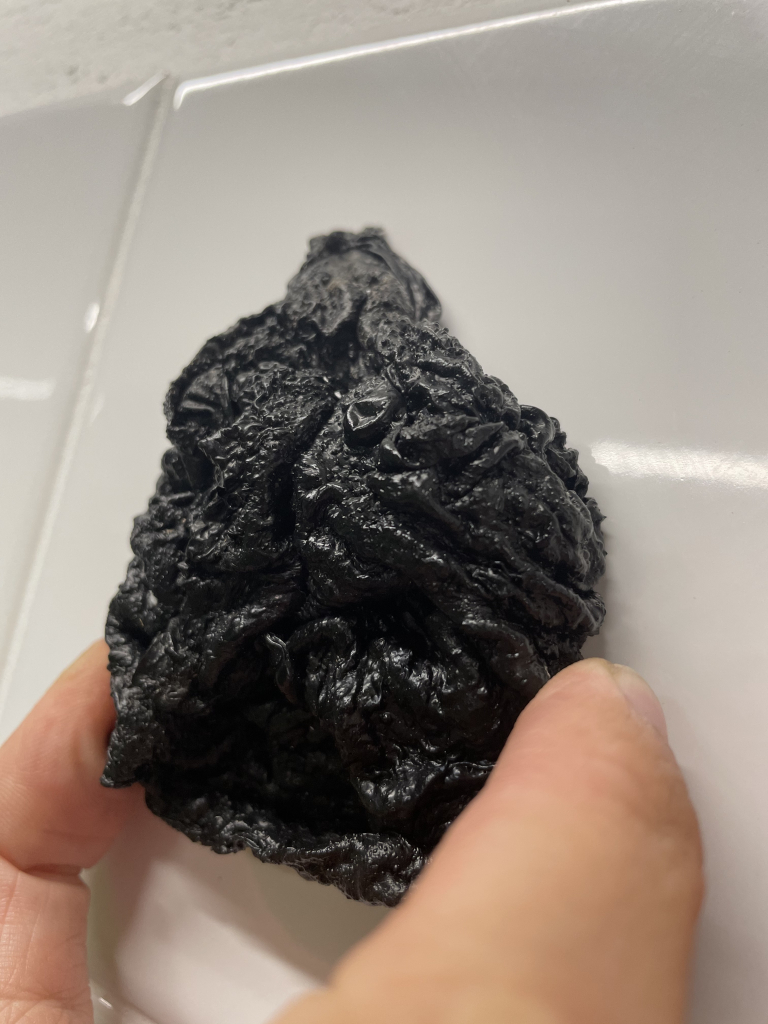Plastic bags can have new meaning as functional objects or sculptures, creating value for those involved in their transformation.
Long description
Do we really need another chair, vase, or table to be designed?
My answer is yes, but only if that creation gives back more than it costs to make: economically and socially.
My proposal is at the cross-section between material research and handcraft techniques, creating products with and for impoverished communities in Brazil. The resulting products are to be either locally consumed (small or no price tag) or sold as luxury objects (big ticket items).
Goals:
- Use recyclable materials to co-design every-day utilitarian objects and/or art pieces, improving lives through the sale and/or use of products.
- Identify potential designers within the community, and work with them, providing opportunities and tools to develop and refine their skills.
As a first step, I am introducing my research in hacking supermarket plastic bags as a means to activate a community to develop skills which will help self-sustain their livelihoods. My previous experience working closely with low-income communities (favelas) in the heart of São Paulo has taught me the importance of mentorship, which is central to the project. Not only will I and my partner serve as mentors for engaged participants, but the project will train mentors to sustain the work and impact.






Please login or create a profile to view comments